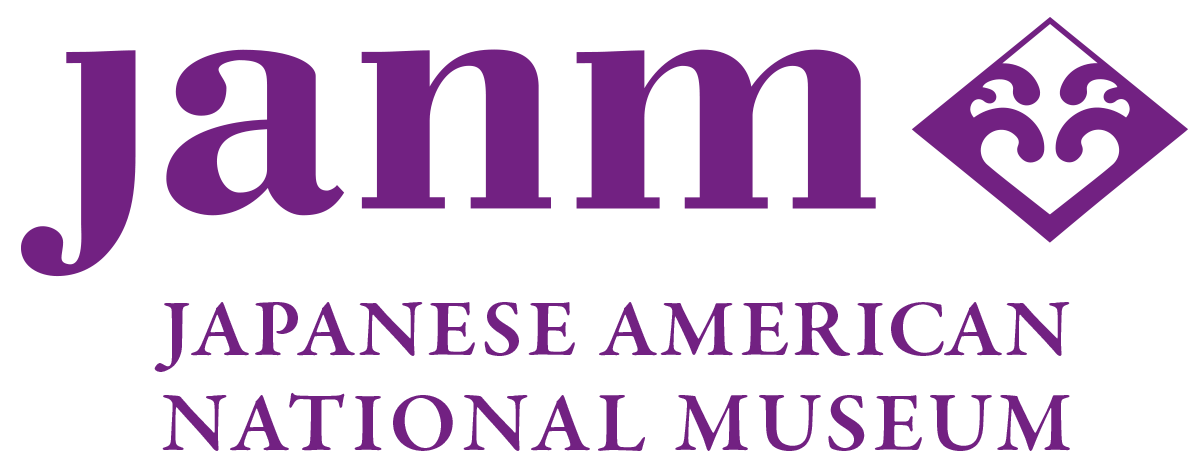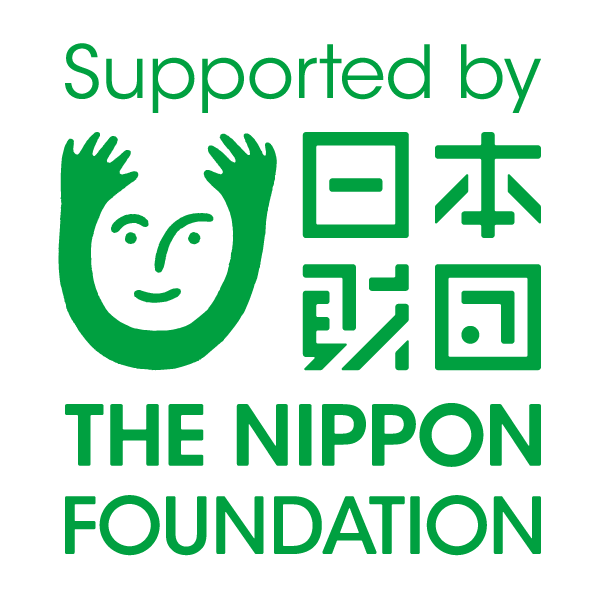Dr. Francis Fukuyama to Speak at NCPD on Wednesday, June 21, 2006
| Jun 200621 |
NATIONAL CENTER FOR PRESERVATION OF DEMOCRACY
Los Angeles, California
United States
PROF. FRANCIS FUKUYAMA TO SPEAK ON ‘NEOCONSERVATIVE
LEGACY & THE FUTURE OF AMERICAN FOREIGN POLICY’ AT
NATIONAL CENTER FOR PRESERVATION OF DEMOCRACY JUNE 21
LOS ANGELES.—Author and scholar Francis Fukuyama, professor at the Johns Hopkins School of Advanced International Studies, will speak on the subject, “The Neoconservative Legacy and the Future of American Foreign Policy”, on Wednesday, June 21, beginning at 7 p.m., at the National Center for the Preservation of Democracy (NCPD) in the Democracy Forum. The program, organized by Zócalo, is free, but reservations are requested by going to www.zocalola.org.
Dr. Fukuyama, who came to public prominence after the publication of his book, The End of History and the Last Man in 1992, which was a best seller in the United States, France, Japan and Chile and appeared in 20 foreign editions, has been the center of discussion after his most recent work, America at the Crossroads: Democracy, Power and the Neoconservative Legacy, was released earlier this year. In this publication, Dr. Fukuyama writes that because of "the perceived failure of the Iraq intervention" and because neoconservatives "both inside and outside the Bush administration" are "widely credited (or blamed)" for the policy, the neoconservative legacy may be an American foreign policy that tends more toward isolationism.
The controversy for Dr. Fukuyama is that he himself is most associated with the neoconservative movement and his criticism of the Bush administration's invasion of Iraq has resulted in his own vilification by many of his colleagues and from those on the political left, who point out that Dr. Fukuyama had signed a letter supporting the invasion. In a follow-up article in the Los Angeles Times on April 9, 2006, Dr. Fukuyama wrote, "In our ever-more-polarized political debate, it appears that it is now wrong to ever change your mind, even if empirical evidence from the real world suggests you ought to. I find this a strange and disturbing conclusion."
Dr. Fukuyama further wrote that he changed his view on supporting an invasion of Iraq before the war started when he realized that unilateral military force alone would not likely be successful in turning Iraq into a democracy. "I believe that the neoconservative movement, with which I was associated, has become indelibly associated with a failed policy, and that unilateralism and coercive regime change cannot be the basis for an effective American foreign policy. I changed my mind as part of a necessary adjustment to reality."
What Dr. Fukuyama now advocates is a "Realistic Wilsonianism" policy, which he wrote about his book and will discuss at the program. "We need. . .to understand that promoting democracy and modernization in the Middle East is not a solution to the problem of jihadist terrorism; in all likelihood it will make the short-term problem worse, as we have seen in the case of the Palestinian election bringing Hamas to power. What is needed now are new ideas, neither neoconservative nor realist, for how America is to relate to the rest of the world--ideas that retain the neoconservative belief in the universality of human rights, but without its illusions about the efficacy of American power and hegemony to bring these ends about."
Francis Fukuyama is Bernard L. Schwartz Professor of International Political Economy at the Paul H. Nitze School of Advanced International Studies (SAIS) of Johns Hopkins University, and the director of SAIS' International Development program. He is also chairman of the editorial board of a new magazine, The American Interest. Born in Chicago, Dr. Fukuyama earned his B.A. degree from Cornell University in the classics and his Ph.D. in political science from Harvard. He has been employed by the RAND Corporation and the Department of State.
Zócalo presents a vibrant series of programs that feature thinkers and doers speaking on some of the most pressing topics of the day. Bringing together an extraordinarily diverse group of Angelenos, Zócalo--"Public Square" in Spanish--seeks to create a non-partisan and multiethnic forum where participants can enjoy a rare opportunity for intellectual fellowship.
The National Center for the Preservation of Democracy is an innovative educational institution that partners with classroom instructors and community-based mentors to inform young people about the many individuals from all backgrounds who have shaped American democracy and to provide youth with the skills to become active participants themselves. For more information, go to www.ncdemocracy.org.
 ckomai
.
Last modified Jul 09, 2010 12:11 p.m.
ckomai
.
Last modified Jul 09, 2010 12:11 p.m.

 Journal feed
Journal feed


Conference/Presentation